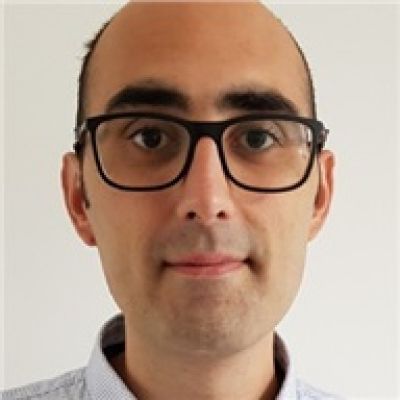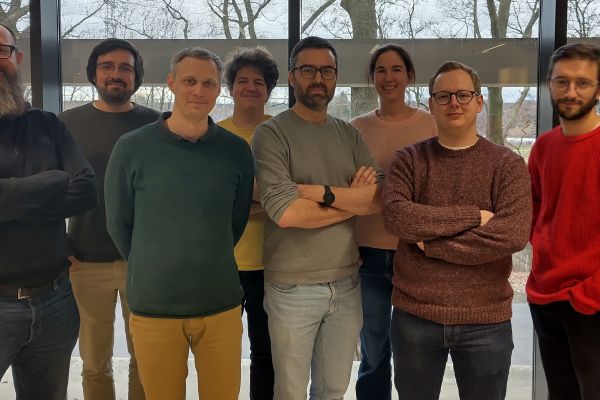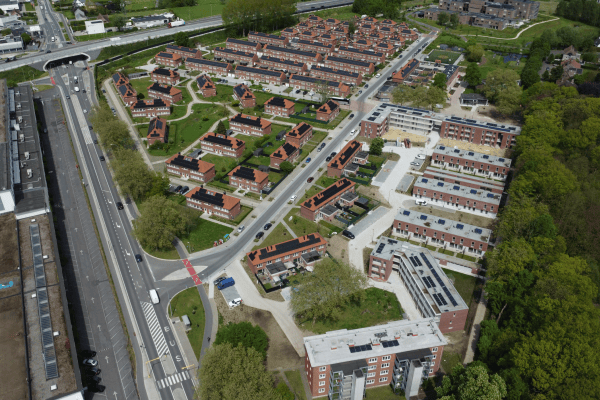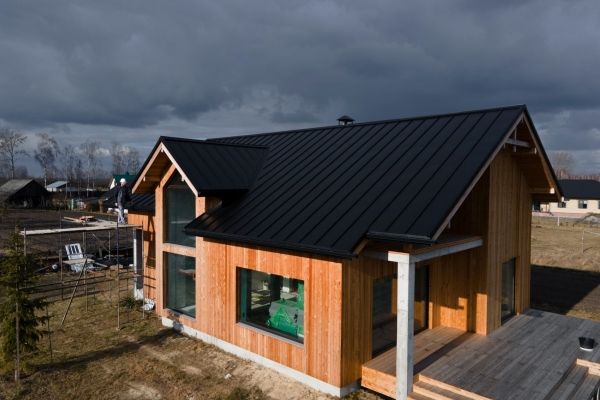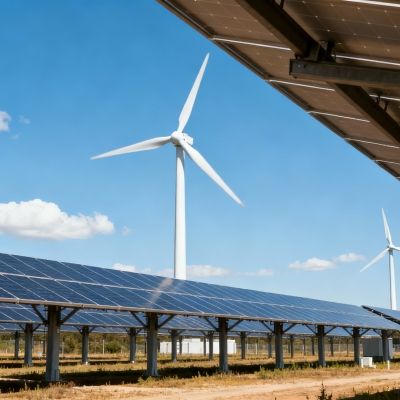VITO co-creates open-source tool for water-energy-food modelling and planning in sub-Saharan Africa
In sub-Saharan Africa, the interplay between water, energy and food is crucial for poverty reduction, health and climate resilience. However, sector-specific thinking and a fragmented governance structure often hinder effective decision-making and sustainable development. To address this complex problem, VITO, together with a consortium of European and African partners*, is developing an open-source planning tool to understand the water-energy-food nexus (WEF), which will be applied in the Volta and Tana river basins.

The interdependence of water, energy and food systems requires an integrated approach to planning and governance. This open-source planning tool will enable the co-creation and participation of local stakeholders. Within VITO, the SESAM (Sustainable Energy System Analysis and Modelling) team of the SEB unit and the Nexus team are powering the project.
“We want to enable local actors to better understand and weigh the trade-offs between competing demands and benefits of water, energy and food systems. By jointly creating a WEF planning and modelling tool, we can provide a common language and framework for dialogue, knowledge exchange and decision support,” says Edo Abraham, associate professor at TU Delft and coordinator of the EPIC Africa project.
According to Carlos Guerrero Lucendo, senior international researcher at VITO/EnergyVille and WEF expert: “We use the CLEWS framework, which stands for Climate, Land use, Energy, Water and Social dimensions, to analyze the interactions and synergies between the WEF sectors. The CLEWS approach allows us to identify the drivers and constraints of sustainable development in a holistic and participatory way and to look at the three WEF sectors from different perspectives.”
As part of VITO's work package on governance of science-policy interactions and evaluation of trade-offs, local stakeholders are encouraged to learn, experiment and innovate toward more sustainable and inclusive WEF systems within the Transition Spaces.
Erik Laes, senior researcher at VITO and expert in transition management, explains: “We are applying a transition management framework that enables reflexive and adaptive governance of systemic innovation processes. The Transition Spaces are designed to facilitate collaboration and learning at multiple levels and with multiple stakeholders, while ensuring accountability and legitimacy.”
The EPIC Africa project kicked off in November 2022, with an inaugural meeting in Accra (Ghana), where partners met with Ghanaian experts and stakeholders. The meeting explored the needs of national stakeholders and the potential of the EPIC Africa project, funded by the Horizon Europe Framework Programme (HORIZON). The VITO Nexus team also organised a training session for the consortium on the transition management framework and its links to the WEF nexus.
Yves de Weerdt, research coordinator on sustainable transition at VITO, said: “It was fascinating to see how the transition management framework, developed in a European context, can be adapted and applied to the African context. We learned a lot from local knowledge and perspectives. Together we hope to create innovative solutions that address the specific challenges and opportunities of the Volta and Tana River basins”.
In 2023, VITO will continue to work closely with the consortium partners to map the WEF governance landscape in the two river basins and set up the first Transition Spaces that will launch the co-creation process in 2024. Léa Tatry, researcher at VITO/EnergyVille and expert on governance evaluation, emphasizes: “We are aligning different approaches to governance evaluation, traditionally developed for specific sectors such as water or energy, to a broader WEF perspective that considers the interconnections and trade-offs between sectors. We aim to provide actionable recommendations and guidelines for policy and practice. The WEF approach can then be instrumental in achieving the Sustainable Development Goals”.
By the end of the project in 2026, the EPIC Africa partners expect to develop an open source WEF planning and modelling tool that meets the needs of stakeholders in sub-Saharan Africa. Its purpose is to design at least 3 African-driven sustainable pathways for achieving clean energy access and food security goals, taking into account climate change impacts. This tool will be primarily based on the existing long-run integrated assessment and energy planning tool OSeMOSYS, and on other tools such as OnSSET.
The project will develop a specific tool, the CLEWS Observatory and the Digital Engagement Platform, to support long-term infrastructure planning and stakeholder engagement. The project will also sponsor the EARN network of WEF experts to be trained in these tools and the transition management framework.
Finally, EPIC Africa will contribute to advancing knowledge, policy dialogue and action on sustainable development in sub-Saharan Africa by fostering collaboration and innovation among stakeholders from different sectors and levels of government.
More information about the project can be found at EPIC Africa - Sustainable Water-Energy-Food Pathways.
This project is being implemented jointly in VITO by the SESAM (Sustainable Energy System Analysis and Modelling) unit of SEB and the Nexus team.
* The following partners are part of the consortium:
TU Delft (the Netherlands), Tahmo (Kenya), KALRO (Kenya Agricultural and Livestock Research Organization, Kenya), VBA (Volta Basin Authority, Burkina Faso), UENR (University of Energy and Natural Resources, Ghana), KTH (Royal Institute of Technology, Sweden) and VITO/Energyville (Belgium).



